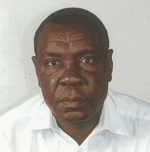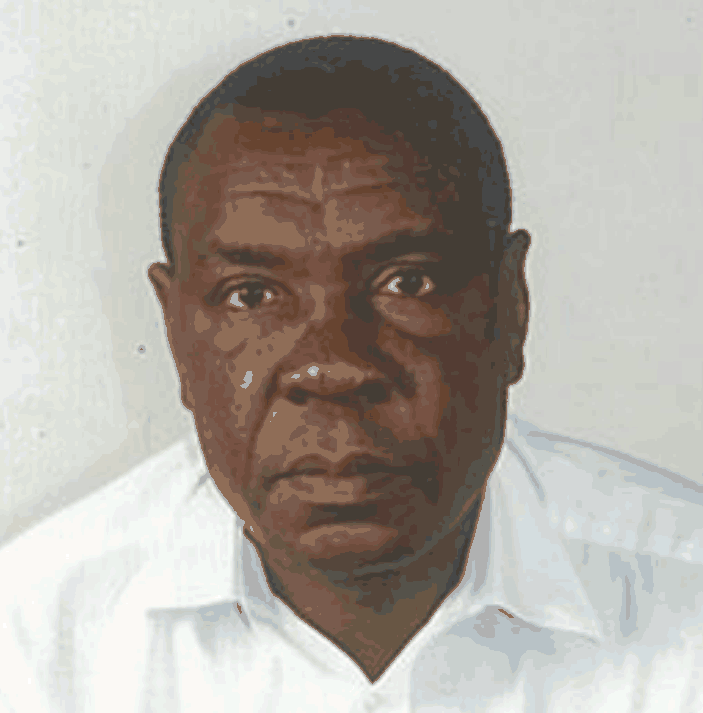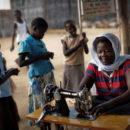Zambia: saga of the President’s health continues – By Arthur Simuchoba

Questions about the health of the Zambian President Michael Sata are stubbornly refusing to go away having simmered ever since he dropped out of sight at the end of May this year. For a known extrovert who has never shied away from the limelight, this was particularly uncharacteristic. He has made only sporadic appearances since.
Media reports in late September were of his having died in a New York hotel room while leading the Zambian delegation to the 69th session of the UN General Assembly. He was scheduled to address it but was not present when his turn came. No explanation was forthcoming. Only two days later did Foreign Minister Harry Kalaba deliver a speech on his behalf.
Reports of his death turned out to have been “grossly exaggerated”. It is clear though that he was attended to by doctors in his hotel room on or about the day that he was due to deliver his address. Mr. Sata was both philosophical about and dismissive of those reports:
“It is not the first time that I have died. I have died before and this is not the last time. I am used [to it]…” he said as he left New York.
Still, those reports rekindled anew latent local fears about his true state of health and whether he can still function at all in his high office. Nothing has been disclosed officially and the government has studiously down-played the matter and treats it as a taboo subject.
But following on from the New York reports, a consortium of five NGOs suggested in a signed statement that the president should go on leave on medical grounds and called on the government to “come clean” on his situation.
His “disappearance” at the end of May touched off speculation that only deepened when a government statement in June announced his arrival in Israel on a previously unannounced “official visit.” Subsequent media reports were of his having been treated at the Sheba medical centre in Tel Aviv for an undisclosed ailment. Still, the government would not concede.
President Sata was a subdued and pale shadow of his usual self when he next appeared in September. He addressed a campaign rally in central Zambia, struggled with and could only deliver half of the presidential speech during the state opening of parliament on September 19. He was visibly under strain and spoke in a low and weak voice. Shortly after, he flew off to New York at the head of the Zambian delegation.
Media reports of his death were swiftly denied by the government and his eldest son, the Lusaka mayor Mulenga Sata. Vice-President Guy Scott perhaps the leading “soothsayer” insisted that the president’s health had been “entirely normal” in New York and that he was in “perfect health.”
But that is in sharp contrast with what most others are seeing and it is an issue that the NGOs in their joint statement of October 9, broached. They said that they were disturbed by the president’s “appearance and demeanour” during the official opening of Parliament:
“We have been left wondering why the President was subjected to such an ordeal and question the sensitivity and sincerity of our cabinet on this action.”
The NGOs said that the issue was being handled with “callousness” resulting in the “public ridicule of our President.”
They added: “The President [should] immediately take leave of absence from official duty… to address whatever challenges have inhibited his public appearance. The nation has been repeatedly informed that the President is well and as we are not medical experts, we cannot question this, however, the appearance and demeanour of the President during his last public appearance seems to suggest that something is not right. Our President was not his usual vibrant and energetic self and so it may well be that the Head of State needs to regroup so that he is back to his usual vibrant self.”
Finally, the NGOs urged the government to tell the truth:
“This will allow government to continue operating with less public pressure and if indeed our President does need any kind of support, this can be provided without raising too much public spectacle and will restore the dignity that our presidency seems to have lost due to numerous speculations at home and abroad.”
But the government has remained immovable and maintains that all is well. It is quick to dismiss any suggestion for change or acknowledgement of the true state of play.
Dr. Scott was for instance curt in his dismissal of a suggestion by an opposition backbencher that the president should now retire on health grounds since he has now been in office long enough to qualify for the full presidential retirement package. Dr. Scott said that was “not under consideration” and that he found the suggestion “offensive.”
It is not clear what prompted the president’s re-appearance in time for the official opening of parliament. But speculation has been that it was connected to the August 26 statement of the NGO, Coalition for the Defence of Democratic Rights (CDDR) which warned that Mr. Sata would have to resign if he would be unable to officially open parliament:
“While we emphasize our sincere goodwill and sympathy for the full recovery of President Michael Sata, the people of Zambia are entitled to a president that is capable of fulfilling the duties of office according to law, and a failure to perform [the opening ] will signify the end of the Sata presidency… It is the position of the CDDR that in the event that President Sata is unable to perform and appoints an Acting President other than the Vice President, the government will be obliged by law to call a presidential by-election within 90 days,” the CDDR, made up of mainly of lawyers said.
Dr. Scott was quick with assurances that the president would be on hand. But on the day, the authorities were plainly nervous and unsure. The private media, which has been unsparing of the president, was barred from the press gallery and were shunted to a back room where they watched proceedings on television. The Speaker Patrick Matibini subsequently cited unspecified “security concerns” as the reason for the banishment. The media watchdog, MISA-Zambia has commenced litigation in the High Court over the matter.
When his failure to complete the speech was questioned, the Defence Minister Edgar Lungu leapt to his defence: “If he wanted he could have just declared parliament open and laid the speech on the table…Traditions and practices are not cast in iron,” he said.
As far as the government is concerned, nothing is amiss. Period. But there is a test ahead. Zambia celebrates 50 years of independence today. It is a big state occasion and at least six African heads of state are expected. The government’s position will be weakened if he is unable to preside and if he is forced to, how fair or moral will that be?
Arthur Simuchoba is a Zambian journalist. This article was commissioned via the African Journalism Fund.






